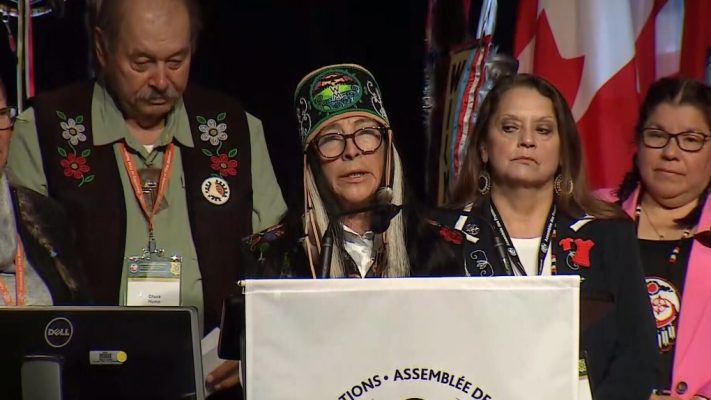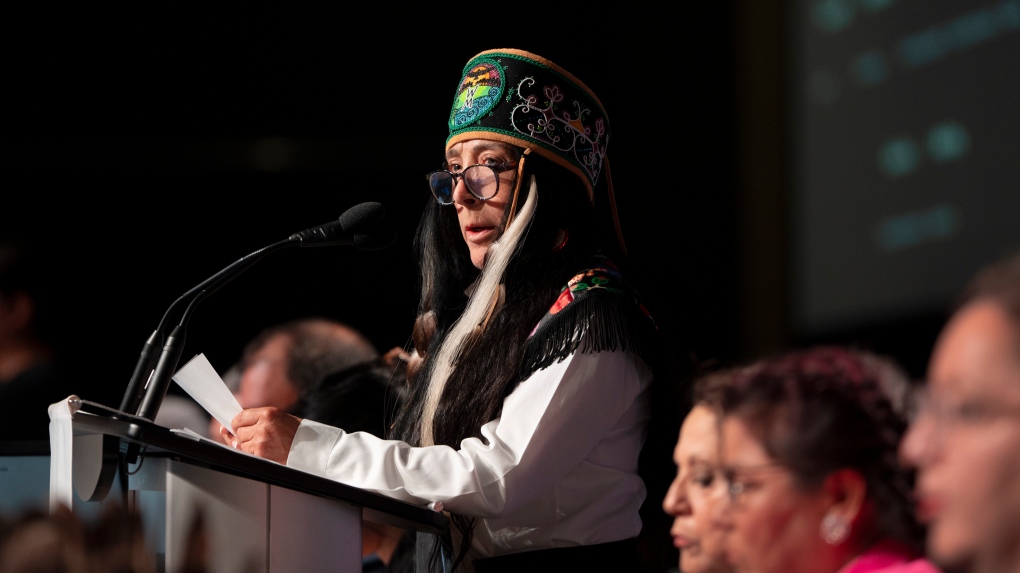First Nations Rights: A Sticking Point in Policing Bill Negotiations
The recognition of First Nations rights in a proposed policing bill with Ottawa has become a major sticking point in the negotiations. Julie McGregor, a lawyer for the Assembly of First Nations, announced this on Wednesday.
The bill aims to declare policing on First Nations as an essential service. A demand Indigenous leaders have been advocating for years.
However, the Department of Public Safety’s reluctance to include First rights in the proposed legislation has caused frustration.
The Contention Over First Nations Rights in Policing Bill
The First Nations rights in the policing bill is a crucial issue for Indigenous communities. The recognition of these rights aligns with the UN Declaration on the Rights of Indigenous Peoples Act and Canada’s commitment to implementing the UN Declaration.
McGregor argues that there is a basis for the government to recognize jurisdiction and rights. Despite the Department of Public Safety’s claim that it does not have the mandate for inclusion. This highlights the importance of First rights in the ongoing negotiations.
The First Nations rights in the policing bill have significant implications for Indigenous police services. These services have been struggling with an outdated and rigid funding program from the 1990s.
The recent Federal Court ruling ordering Public Safety Canada to fund the services for 12 months has been celebrated by the Assembly of First Nations.

However, the government’s reluctance to include First Nations rights in the policing bill remains a significant hurdle. The recognition of First Nations rights is crucial for the future of Indigenous police services.
The First Nations rights in the policing bill remain a priority for the Assembly of First Nations. They have communicated to Ottawa their desire for the proposed legislation to include full rights recognition.
Public Safety Minister Marco Mendicino has expressed his commitment to resolving the jurisdiction issue and expanding First Nations policing.
However, the timeline for the introduction of the bill remains uncertain. Also the recognition of First Nations rights will be a key factor in the future negotiations. And the eventual outcome of the bill.





